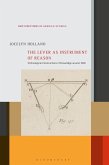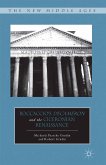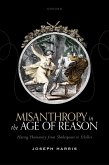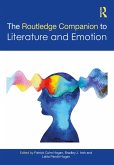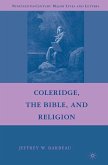While Calderon's autos portray this teleological view of life with unequaled ingenuity, his comedias lie somewhere on the line of development of European thought and activity between the other-worldiness of orthodox Thomism and the naturalism of which Spinoza's ideas are one example among many. Let us characterize the comedias briefly by stating that the motives which move the dramatic action forward are generally of a teleological nature; that is, they envisage some hypostatized end outside the individual characters. Yet, there are key moments when it becomes apparent to the reader or spectator that these ends have been created and set before the characters by themselves, by the requirements of their social standing in the play, by the manipulating dramatist Calderon, or, in broader terms, by the social climate of the audience for whom these plays were written and performed. Both reason and exalted passions become the preserve of noble blood in Calderon's plays. Whether he is dealing with vengeful husbands, monarchs, usurpers, contemplative men of learning, or saints, the thread of social distinction never disappears. The concern of his characters that they not commit a "e;low"e; action, is not simply a Christian concern with avoiding sin. The characters are much more concerned with practicing a virtue which will distinguish them from the vulgar.
Dieser Download kann aus rechtlichen Gründen nur mit Rechnungsadresse in A, B, BG, CY, CZ, D, DK, EW, E, FIN, F, GR, HR, H, IRL, I, LT, L, LR, M, NL, PL, P, R, S, SLO, SK ausgeliefert werden.



